In late 2022, inflation reached a 41-year high of 11.1%. This has affected the affordability of goods and services for the public and squeezed household budgets. But it has also had a significant impact on small businesses.
A recent study by Novuna Business Finance found that 92% of British small business owners are concerned about the impact of the cost of living crisis on their businesses. Mostly, small business owners were concerned with the rising third-party costs (73%), energy and rent price rises (63%), and customers reining in spending (58%), according to the research.
Here you can find information on government schemes and grants, and ways to reduce your carbon footprint and protect your hard-earned money from online scams during this time.
Energy Bill Relief Scheme
The Energy Bill Relief Scheme is a government-funded discount on wholesale gas and electricity prices. The current scheme comes to an end in March 2023 and was intended as a bridge to allow businesses to adapt to the rising prices.
A new Energy Bills Discount Scheme (EBDS) will start from April 2023 to April 2024 for eligible non-domestic consumers in Great Britain and Northern Ireland. The EBDS is in place to support businesses over the next 12 months and limit taxpayers’ exposure to volatile energy markets.
If you’re eligible, these discounts will be applied automatically to your bills so there is no need to contact your supplier directly.
This scheme is available for you if you are:
On existing fixed-price contracts that were agreed on or after 1 April 2022
Signing new fixed-price contracts
On deemed / out-of-contract or variable tariffs
On flexible purchase or similar contracts
Cost of living payments
The Government has announced a new set of cost of living payments for low-income households.
Eligible means-tested benefit recipients (Universal Credit, Pension Credit, tax credit) will receive a £900 cash injection. There is no need to apply for these payments. If you’re eligible the money will be paid directly into your bank account starting in spring this year.
Below is an outline by the government of what the payments will be:
First Cost of Living Payment during Spring 2023 – £301
Disability Payment during Summer 2023 – £150
Second Cost of Living Payment during Autumn 2023 – £300
Pensioner Payment during Winter 2023/4 – £300
Third Cost of Living Payment during Spring 2024 – £299
Reduce your business carbon footprint
NatWest in collaboration with the Carbon Trust has a tool to help you understand what your business's carbon footprint is. The bank explains that once you know your business's carbon footprint, you can look at ways to make cost savings now. It’s also a good way to future-proof your business against hikes in the price of carbon.
The government also has some handy tips on how you can easily, and with no extra cost, reduce your energy bills. This ranges from turning your combi boiler temperature down to 60°C which could save you up to £100 a year, to turning appliances off at the socket saving you up to £70 a year.
Gigabit vouchers
If you’re experiencing slow broadband speeds in rural areas, your business can apply for vouchers worth up to £3,500 to help cover the costs of installing new gigabit speed connections. This will enable you to access full-fibre broadband, meaning you can do more and sell more in your working day.
You can apply for these vouchers if:
You have existing broadband speeds of less than 100Mbps
A gigabit-capable network isn’t likely to be built to that area commercially in the near future
There is no government-funded contract planned or in place to improve the network already
If you want to check what your current broadband speed is, you can test it for free here.
Innovation Grants
If your business has a focus on innovation or developing new products, services and ideas, then innovation grants are a great way to get the support you need to grow and scale up.
There are various funding bodies that offer financial backing and tailored support to small businesses looking to research and test new ideas, such as Innovate UK. They manage various types of funding opportunities called ‘competitions’. Each has its own eligibility criteria and scope, so check this before starting your application.
It’s also a good idea to regularly check the current and upcoming competitions run by Innovate UK to see which grants you can apply for.
The National Lottery Heritage Fund
This grant supports those who aim to protect and preserve their heritage and connect people and communities to their history and traditions. It ranges from support for environmental preservation projects to those focusing on the local community.
One of particular interest might be The Heritage Innovation Fund. These grants of up to £25,000 are available to all not-for-profit businesses looking to explore, test and grow the new ways of working that are needed for the future.
Cutting the cost of cybercrime
Cybercrime might not be top of the list when it comes to the cost of living crisis. But, there has been an increase in digital crime. Squareup found that in 2022 there were more than 400,000 reported cases of cybercrime and fraud, with losses equating to more than £3 billion in the UK.
The Government’s 2022 cyber report found that the average cost of all the cyber security breaches businesses faced in the previous year amounted to £3,230.
Making sure you keep your data, and customers’ data safe online isn’t only important but it’s good for business. Creating a strong password and using a password manager to learning how to spot a phishing attack and reporting it can help to keep your data – and money – safe.
Correct as of 17 Jan 2023
Disclaimer: The content of this blog is based on our understanding of the topic at the time of publication and should not be taken as professional advice. Any of the information may be subject to change. You are responsible for complying with the law and if in doubt, should seek independent advice.








